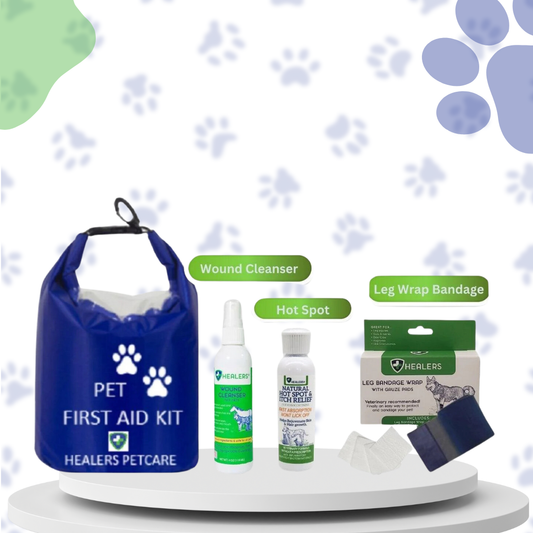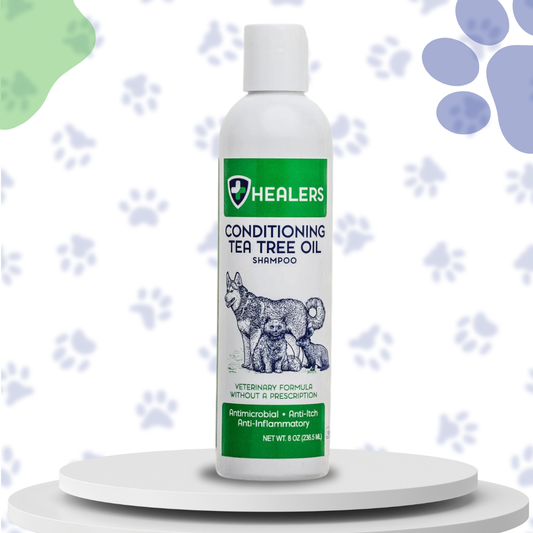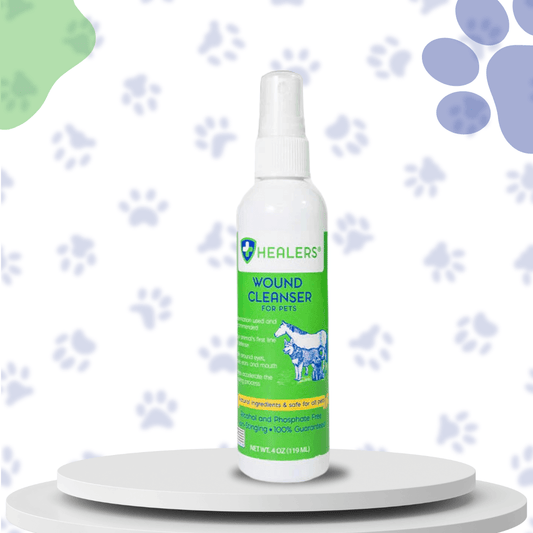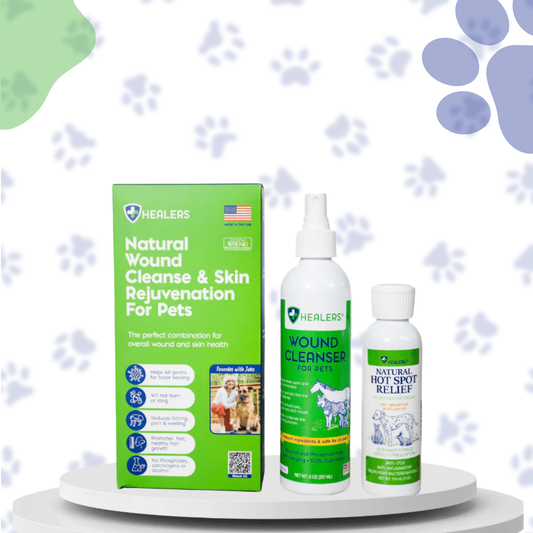How Can I Help My Constipated Dog?
Share
How Can I Help My Constipated Dog?
Canine constipation is a common condition that affects many dogs. However, many dog owners don’t pay much attention to it or report it because it often ends as suddenly as it appeared. If your dog cannot pass stool on a regular interval, for dogs, this would be once or twice a day, he could be constipated. If he seems like he does not want to go (even if it’s been a day or more since the last time), strains, or shows signs of pain when he goes, that’s not normal. He may need some help.
Read on and learn what you can do to make your pooch feel better and prevent constipation.
Canine constipation - the causes and the symptoms
When your dog eats, peristalsis (involuntary muscular motions) pushes the food matter through different stages of the digestive system. In the final stage, at the colon, the body absorbs water from the food matter, and peristalsis pushes the remaining waste to the rectum. If this process is interfered with or slowed down, water absorption will continue at the colon. The stool will accumulate, become rock-hard, and be hard to release. Interferences to this process include:
- Blockage due to consumption of non-food items like rocks, gravel, and toys.
- Poor diet and insufficient fiber in the diet.
- Lack of exercise.
- Fur in the digestive system due to too much self-grooming.
- Dehydration.
- Clinical issues like tumors, renal issues, anal gland problems, and an enlarged prostate.
First, you may notice that your dog doesn’t want to “go” even if it has been a while since his last long call. When your dog finally goes, he struggles and experiences pain. The stool may turn out rock-hard, or what medics call “concentrated,” and could have blood spots or mucus. Other symptoms include:
- Lethargy
- Vomiting
- Loss of appetite.
Help your dog, visit the vet urgently
If your dog shows these signs, he could be constipated. Take him to the vet - it is the best way you can provide relief. The vet will first examine your dog for any abnormalities in the digestive system. It is crucial to understand the cause of constipation since it determines the proper treatment. The vet will also ask about your dog’s diet and behavior. If your dog has a habit of gobbling up non-food items such as toys, the vet will likely start by checking if foreign objects are blocking the digestive system.
After establishing the cause of constipation, the vet could do the following to help your dog relieve himself:
- Administer a laxative. A laxative is a “stool softener” that makes it easier for your dog to pass the stool.
- Perform an enema. Enema is the injection of fluid solution in your dog's digestive system via the rectum. It flushes out any residue and waste lodged in the colon and rectum. But it should be performed only by qualified people, like vets.
- Gently massage the lower abdomen. Sometimes it helps your dog to pass stool.
If the constipation is severe, the vet could turn to extreme measures such as:
- Manual removal of impacted feces (de-obstipation).
- Administer drugs that trigger heightened colon function or inhibit the release of certain enzymes to improve bowel movement.
- Surgery is reserved for worst-case scenarios like megacolon. Procedures like colectomy entail the removal of sections of the colon.
Preventing canine constipation
No dog lover would want their fur baby to experience the above procedures, especially the last three. So it is vital to prevent canine constipation. Here’s what you can do.
- Boost your dog’s diet. Provide plenty of fresh water and include fiber-rich foods like bran cereal or pumpkin in the diet. Canned foods are also softer and contain high levels of fiber, though if you have a puppy who needs dry food, there are some brands that offer dry foods with soft pieces. Consider including dietary fiber supplements, prebiotics, and probiotics in their diet plans. These will boost your dog’s digestive capabilities and overall well-being.
- Give your dog sufficient exercise, even when the weather is dull. Regular walks and exercise sessions will help your dog maintain healthy digestion. It promotes the healthy movement of muscles in the digestive system and keeps constipation at bay.
- Groom your dog regularly and properly, especially during shedding season.
- Prevent your dog from consuming non-food items. If your dog has a habit of eating rocks, toys, and other non-food items, reach out to a vet or a dog-behavior expert for help.
- Neutering - Senior male dogs could experience constipation due to an enlarged prostate gland. If that’s your furry buddy, consider neutering him. It will save you from many other behavior issues as well.
A final word, do not let canine constipation go untreated
As we mentioned in the opener, the symptoms of canine constipation could disappear as fast as they appeared. When your dog passes the stool, there is instant relief. But the problem still exists, and it could be worse for your furry buddy. If constipation is left untreated, your dog could develop an enlarged colon (megacolon). Such a condition calls for specialized intervention which is uncomfortable and expensive. But you can avoid that. Reach out to a vet when you notice signs of constipation, and take preventative measures, like boosting your dog’s diet and regular exercise. Canine constipation will be an isolated problem.
Thank you to our guest blogger, Howie Robleza for your educational blog.




